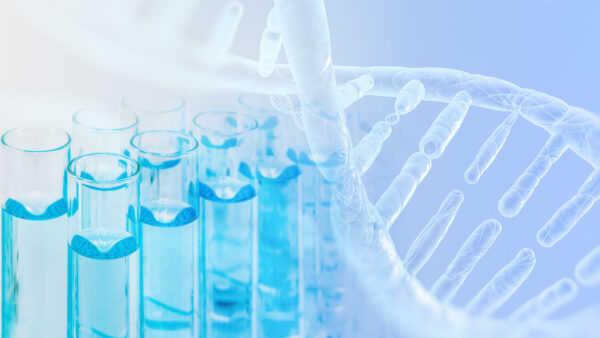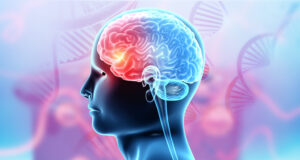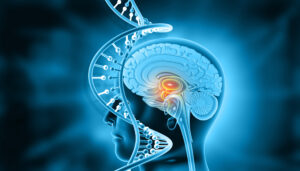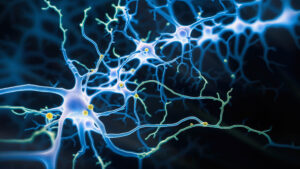Methylation DNA Test
$149.00
Methylation
Methylation is a fundamental biochemical process where a methyl group (CH3) is transferred and attached to another molecule, typically a larger one. Methylation, particularly in the context of DNA, refers to the addition of a methyl group (CH3) to the DNA molecule, which can influence gene expression. Various genes and proteins facilitate or are influenced by methylation.
DNA Methylation is a primary epigenetic mechanism. While genetics refers to the actual DNA sequence (the genes), epigenetics refers to external modifications to DNA that turn genes “on” or “off.” These modifications don’t change the DNA sequence but affect how genes are expressed.
Epigenetic changes, such as DNA methylation, are inheritable and play crucial roles in development, aging, and even memory formation.
Methyl Donors and Nutrition: Methyl groups used in methylation processes come from dietary nutrients, especially folate, vitamin B12, and SAMe (S-adenosyl methionine). Diet can play a significant role in methylation processes, and certain nutrients can either promote or inhibit methylation.
DNA Test: Genes tested: MTHFR, MTRR, COMT, DNMT1
Description
Methylation
Methylation is an essential biochemical process in which a methyl group (CH3) is added to a molecule, such as DNA, proteins, or lipids. This process has important regulatory functions in various biological pathways and is involved in gene expression, protein function, cellular signaling, and more.
- DNA Methylation: DNA methylation is one of the most well-known forms of methylation. It involves the addition of a methyl group to the cytosine base of DNA, typically at sites where cytosines are adjacent to guanine bases (CpG dinucleotides). DNA methylation is an epigenetic modification that can influence gene expression without altering the underlying DNA sequence. Hypermethylation (increased methylation) of promoter regions is associated with gene silencing and decreased transcription, while hypomethylation (decreased methylation) can lead to increased gene expression.
- Gene Expression Regulation: DNA methylation plays a crucial role in regulating gene expression patterns during development, differentiation, and various physiological processes. It contributes to cellular identity by controlling which genes are active or silenced in different cell types.
- Epigenetic Memory: DNA methylation patterns can be inherited through cell divisions, contributing to epigenetic memory. This memory helps maintain cell type-specific gene expression patterns and cellular functions.
- Protein Methylation: Methylation also occurs on proteins, particularly on amino acid residues such as lysine and arginine. Protein methylation affect protein-protein interactions, enzyme activity, and cellular signaling pathways. Histones, which are proteins that package DNA in chromatin, can undergo methylation, influencing chromatin structure and gene expression.
- One-Carbon Metabolism: Methylation reactions are part of one-carbon metabolism, a complex network of biochemical reactions that involve various nutrients, including folate, vitamin B12, and other cofactors. One-carbon metabolism provides methyl groups for DNA, RNA, protein, and lipid modifications.
- Health and Disease: Dysregulation of methylation processes has been linked to various diseases, including cancer, cardiovascular disorders, neurodevelopmental disorders, and more. Aberrant DNA methylation patterns are commonly observed in cancer cells and contribute to tumor progression.
- Aging: Methylation patterns can change with age. Some regions of the genome become hypermethylated, while others become hypomethylated. These age-related changes in DNA methylation influence gene expression patterns and contribute to the aging process.
- Environmental Influences: Environmental factors such as diet, stress, exposure to toxins, and lifestyle choices impact DNA methylation patterns. These factors can lead to epigenetic changes that influence health outcomes.
In summary, methylation is a fundamental biochemical process that regulates gene expression and protein function, contributing to various aspects of cellular and organismal biology. It’s a key mechanism through which cells respond to their environment, maintain identity, and adapt to changes. Research in methylation continues to provide insights into health, disease, and the intricate interplay between genetics and the environment.






